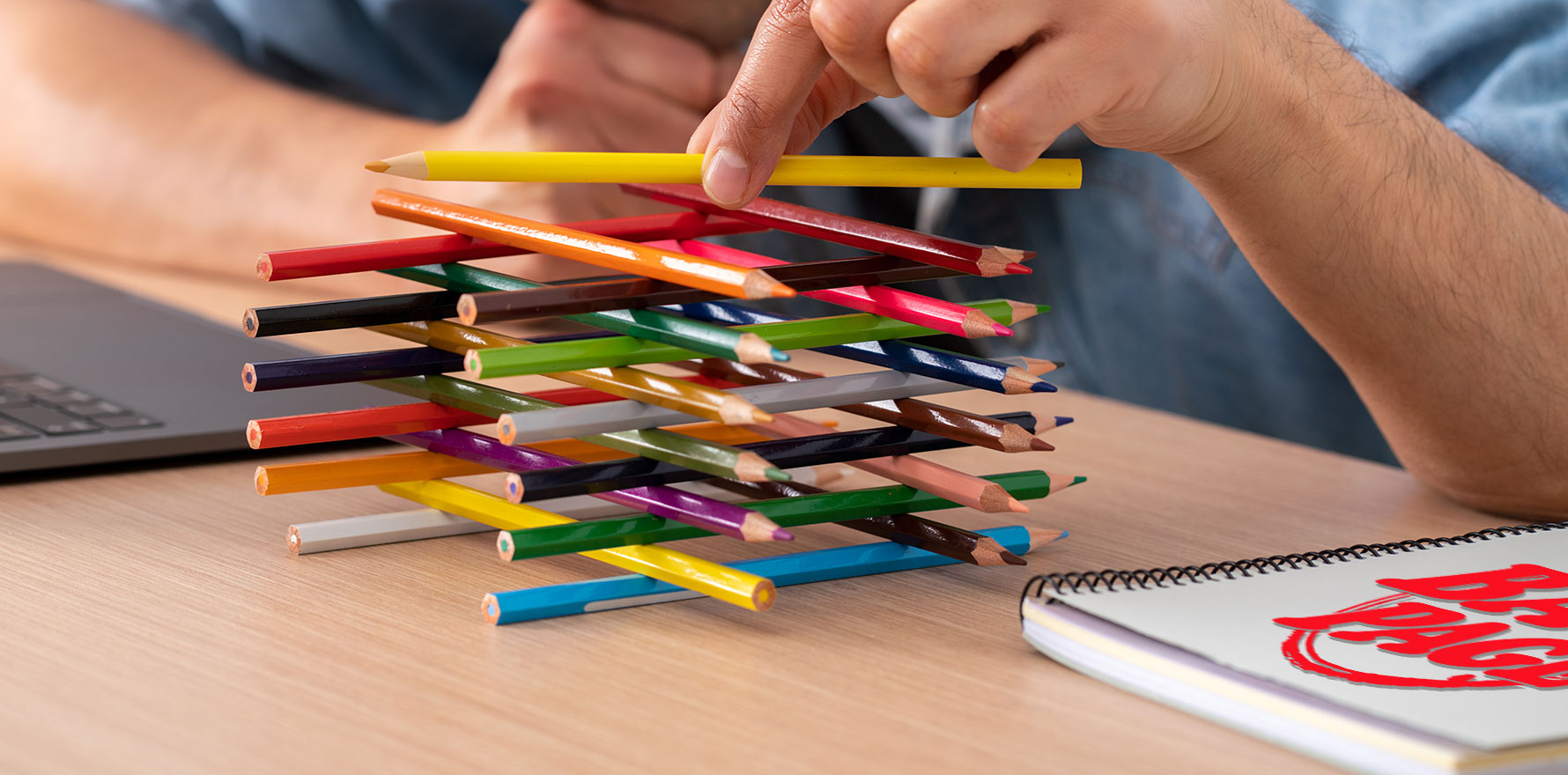If you’d rather get it done now than leave it to the last possible minute, you’re probably less pessimistic about what’s in store.
Before your scribe got around to writing this opening sentence, we spent 15 minutes scrolling through Twitter, checked our non-work email twice, caught up on the US and UK election news, read this advice column, made a third cup of tea and had a brief conversation with the cat.
That says nothing good about our attitude to the future, according to this Japanese study in Nature, which found severe procrastination was associated with pessimistic views about our tomorrow selves.
We’ll tell you how they did it, right after we defeat the Wilson bot on chess.com.
OK, we’re back. We lost.
Previous research has established that procrastinators disregard the future, but not why, the authors say. They also tend to have higher levels of stress and lower levels of wellbeing (not laziness, as this good ol’ racist song would have it).
The team surveyed 300 participants in their 20s (the most procrastination-prone cohort – which seems relevant in itself), assessed their procrastination levels on a validated scale and established their “chronological wellbeing/chronological stress” views using two more questionnaires, applied to nine time points – past month, yesterday, the next year etc. – ranging from 10 years ago to 10 years in the future.
Curiously, when they plotted overall stress and overall wellbeing scores, both formed a distinct V-shaped curve: both stress and wellbeing were lowest at the present moment and rose both into the past and into the future.
The researchers hypothesised that “groups who believe that stress will decrease in the future and wellbeing will increase in the future, i.e., those who have an optimistic view of the future, would have a lower percentage of severe procrastinators or a higher percentage of low procrastinators”, and vice versa.
And so it proved. The severe procrastinator quartile had higher overall stress and lower overall wellbeing and predicted more stress in their futures.
Cluster analysis of stress scores found four trajectories: descending, where people reported more stress in the past and less in the future; ascending, V-shaped and skewed mountain, where stress climbed to its peak in the past and declines into the future.
Those in the ascending group had the most severe procrastinators, followed by the V-shape, then skewed mountain, with only a few in the descending cluster.
When this was repeated with wellbeing (where the shapes were descending, ascending, V-shaped and flat), there was no relationship.
While previous studes have linked stress to procrastination, this is the first, the authors conclude, to take time-series stress patterns into account and thereby show the “multilayered effect of stress on procrastination”.
There was a self-help element to the study. Lead author Saya Kashiwakura, a graduate student from the University of Tokyo, said she was motivated to do the study by her own tendency to put off projects with greater long-term benefit in favour of short-term tasks: “I would clean my room when I needed to study for a test and prioritise aikido practice over my postgraduate research … I wanted to change my behaviour, as I realised that I was not confronting the future impact of my actions.”
Her findings, she said, “helped me adopt a more light-hearted perspective on the future, leading to a more direct view and reduced procrastination”.
As for your lowly scribe, we managed to get to the end of this story with only two more email checks, a quick diversion into the work Slack #pets channel and a brief tidying up of our desk.
Maybe things are looking up.
Send procrastination tips and story ideas to penny@medicalrepublic.com.au.


